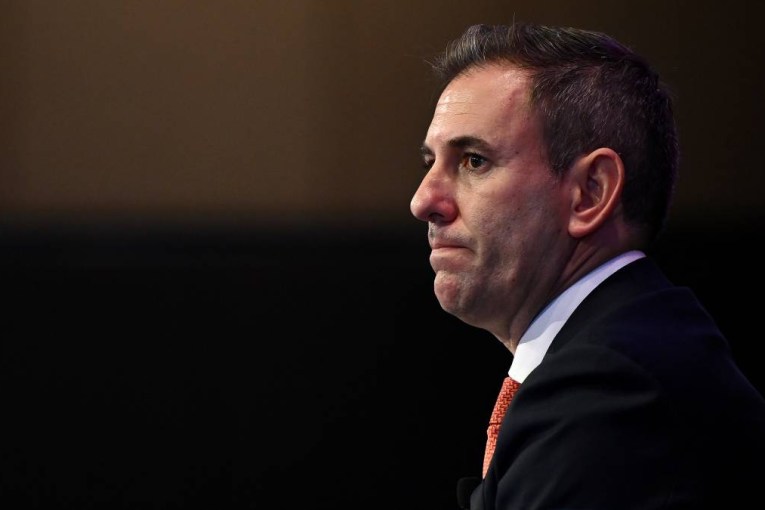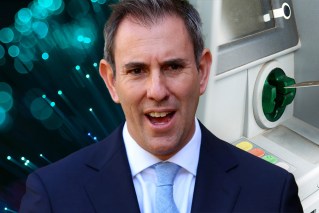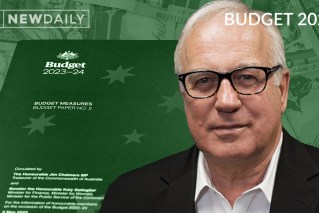Budget 2019: Average superannuation members have no cheer


Super changes mainly help older, prosperous retirees. Photo: Getty
Average Australian superannuation savers and retirees were left with little to cheer about in the 2019 federal budget.
The only significant measures addressing super were aimed at older people – those in their late 60s to mid-70s – wanting to put excess cash into their accounts.
The measures, announced on Monday and not mentioned in the budget itself, allow people between 65 and 67 to contribute to super without having to pass a work test.
The same age group will be allowed to bunch up three years of non-concessional contributions to a total of $300,000 without a work test.
The age limit for receiving contributions from a spouse has increased from 69 to 74.
Ian Yates, CEO of aged lobby group Council of The Ageing (COTA), was unimpressed with the measures saying, “They’re all useful for people wanting increased flexibility, but they don’t help much with equity.”
Stephen Anthony, chief economist with Industry Super Australia, said: “In relative terms they are not the highest priority. That would be more like fixing the gender imbalance in super savings or help lower-paid workers build balances.”
“The vast majority of members of profit-to-member superannuation funds will not benefit from these changes,” said CEO of the Australian Institute of Superannuation Trustees, Eva Scheerlinck.
“Most ordinary working Australians cannot afford to make extra contributions and can only dream of having the money to pour an extra $300,000 into their super fund in a single year.”
Paul Versteege, policy adviser with the Combined Pensioners and Superannuants Association, said the changes could benefit some lower balance people by allowing them to move money into super around the time of their retirement.
“It could help poorer people over 70 who have no super at all and may sell their home,” he said.
“But for social justice it was not a significant budget.”
The super measures will not help younger people build a super balance while they “continue very generous incentives for older people who should have saved enough by then,” said Nicki Hutley, economist with Deloitte Access Economics.
David Simon, principal of Integral Private Wealth, said the super changes could have a sinister edge.
“What worries me is that the movements of the work test restrictions from 65 to 67 could suggest an increase in the retirement test for superannuation even further,” Mr Simon said.
Currently people can take superannuation at 65 regardless of their employment status, but Mr Simon fears this could be increased to 67, in line with other changes.
Some more technical measures that came with the budget would help bring stability to the superannuation system, said Martin Fahy, CEO of the Association of Superannuation Funds of Australia.
These changes allow:
- Permanent tax relief for merging superannuation funds
- Increased funding for the ATO to ensure on-time payment of superannuation liabilities by larger businesses and high-wealth individuals
- Funding for the Fair Work Ombudsman to address sham contracting arrangements designed to avoid payment of statutory obligations, such as the Superannuation Guarantee
- Delay in the start of new opt-in arrangements for insurance within superannuation from July 1 to October 1, which will allow funds more time to engage with fund members who are affected.
The last measure will ease anxieties that the opt-in arrangements, which will apply to people under 25, will be able to be negotiated to ensure that young people with family commitments or in dangerous jobs, don’t inadvisedly drop their insurance.
The New Daily is owned by Industry Super Holdings












